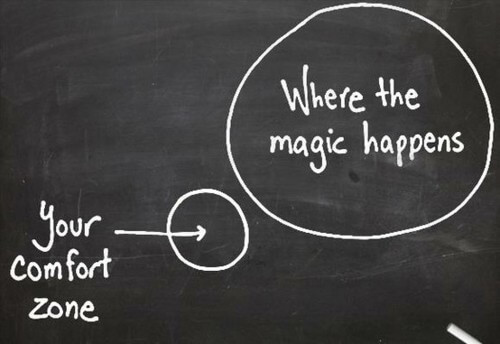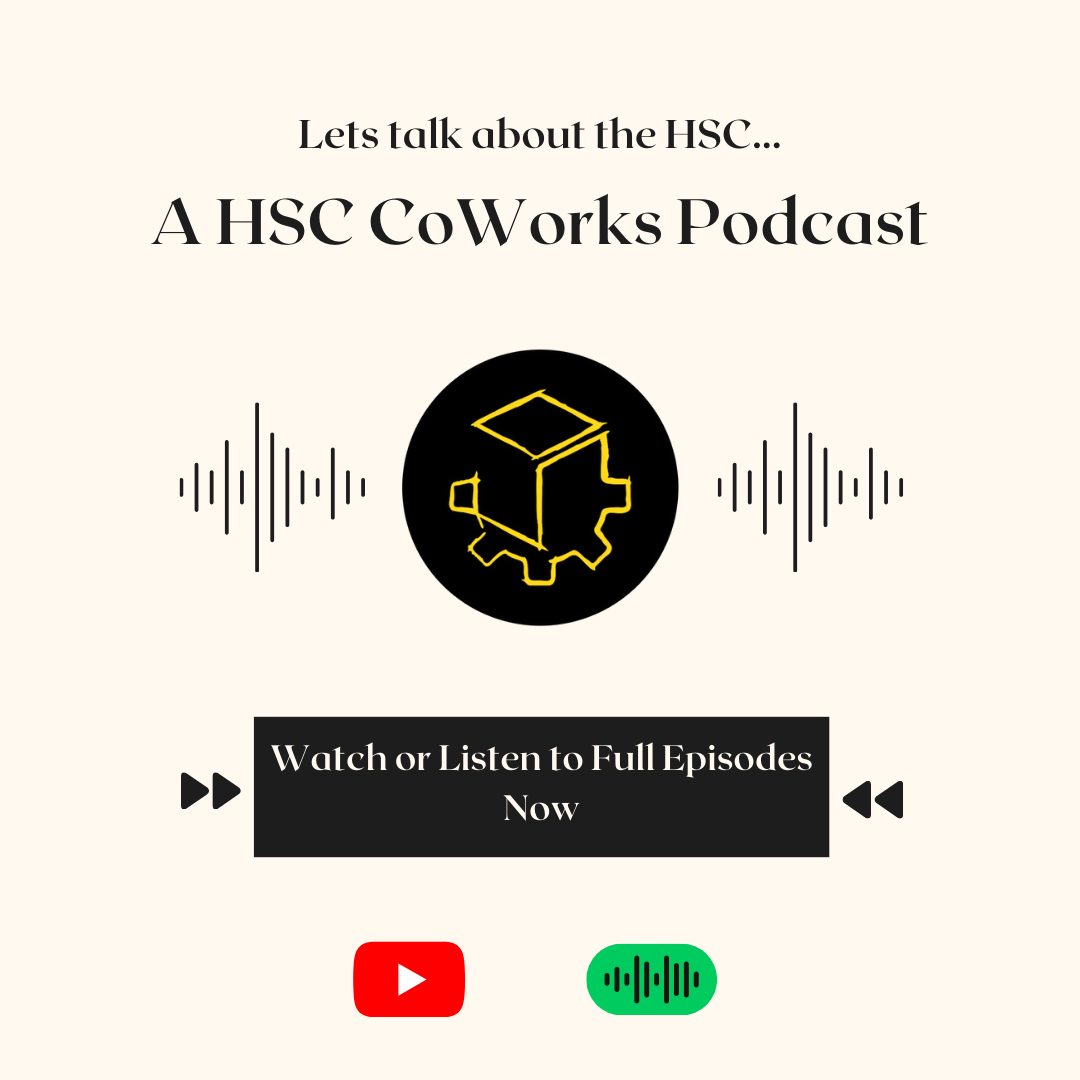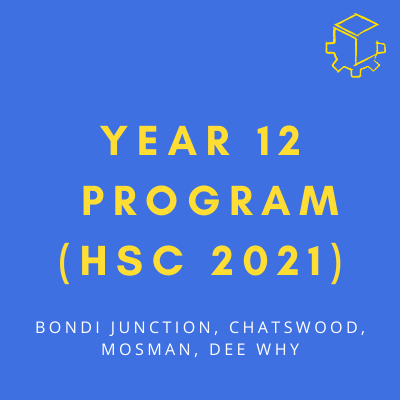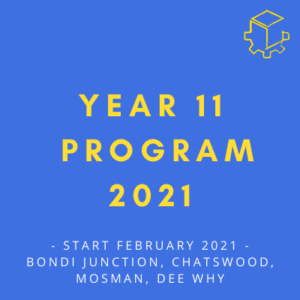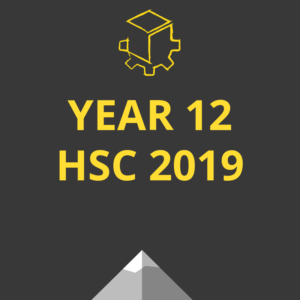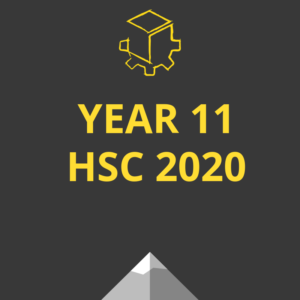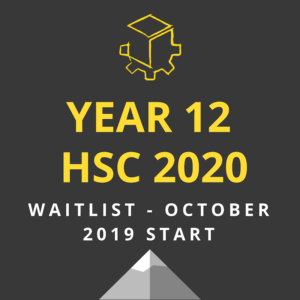Over the next few weeks I will outline the study strategies which, if followed, will ensure you achieve the very best HSC result you can.
In this post we look at the most important strategy of all “Stretch and Challenge” where we are always looking to expand our comfort zone. Without stretch and challenge and a willingness to operate outside your comfort zone when studying there will be little improvement regardless of how well intentioned a student is with their study.
Whether we are talking about conquering Mount HSC or working towards any other goal there will always be a natural gravitation towards working on the tasks which allow you to operate within in your comfort zone (making “notes” is a great example of this) however the additional marks you are looking for can only be found outside your comfort zone.
As we say to our students every day, every single HSC student starts the year with the exact number of hours before the final exams commence in October however how a student uses those hours is the most important single factor in determining the final HSC result.
Strategy number 1: Stretch and challenge/Pushing your comfort zone
Without a good amount of stretch and challenge in a study session it is unlikely that you will be fully engaged with what you are working on and therefore it is unlikely that you will be making new connections in your brain and therefore not operating at our optimal level. Whenever we are studying we should be trying to complete tasks which challenge us to the maximum or as Daniel Goleman in his book “Focus” puts it, at a level which is a “just manageable” demand on our skill level. More stretch and challenge means better focus, more brain connections and much better learning.
Move out of your comfort zone. You can only grow if you are willing to feel awkward and uncomfortable when you try something new. Brian Tracy (Motivational and Productivity Guru)
Examples of “Stretch and Challenge” study techniques to push your comfort zone
- If you have learnt something new either by reading or making notes, test yourself by trying to brainstorm from memory what key concepts you have just covered. For best results attempt the same task every day for the next 7 days filling in the gaps in your memory once you have “stretched and challenged” yourself to see what you can recall.
- Find some short answer questions which relate to the topic you have just worked on and attempt without your textbook/notes then use your textbook/notes to make adjustments as needed.
- Once you have completed a Maths chapter review for a particular topic, instead of closing your books, find relevant questions from past HSC papers to see what you can complete.
If you have any questions please feel free to contact me.
Jesse Gardiner
Head Performance Coach @ HSC CoWorks

